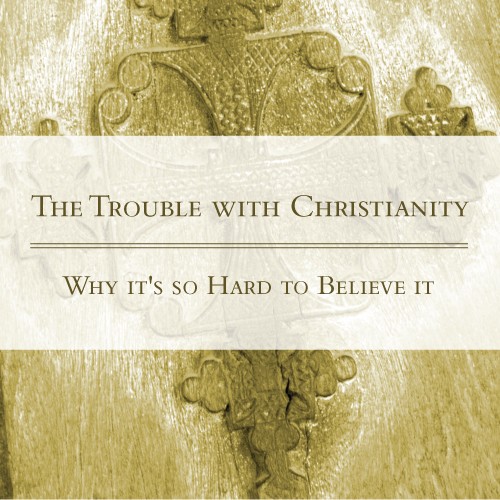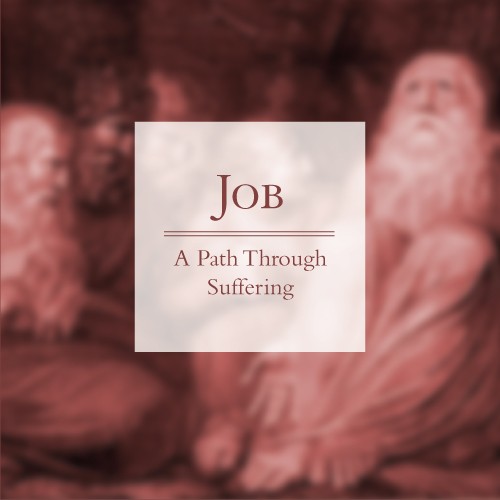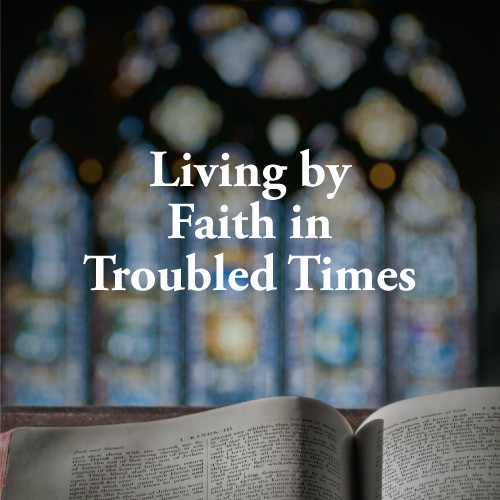
Suffering: If God Is Good, Why Is There So Much Evil in the World?
Tim Keller | October 1, 2006
Overview
We’re looking at the problems people in our culture, and especially in New York City, have with Christianity. We’re now going to look at the one you could call the problem of evil and suffering. And it’s a very formidable one for Christian belief.
The problem goes something like this. If God allows evil and suffering to continue because he can’t stop it, then he might be good, but he’s not all-powerful. On the other hand, if God allows evil and suffering to continue because he could stop it and yet won’t stop it, then he might be all-powerful, but he’s not good. It’s a pretty formidable argument. What do we say to it?
Let’s first look at why getting rid of your belief in God in order to understand evil and suffering will not help. And then three ways, according to Peter, we can face suffering and evil in our lives. Peter says you have to look back to something, you have to look ahead to something, and you have to look into something to handle evil and suffering in this world.




